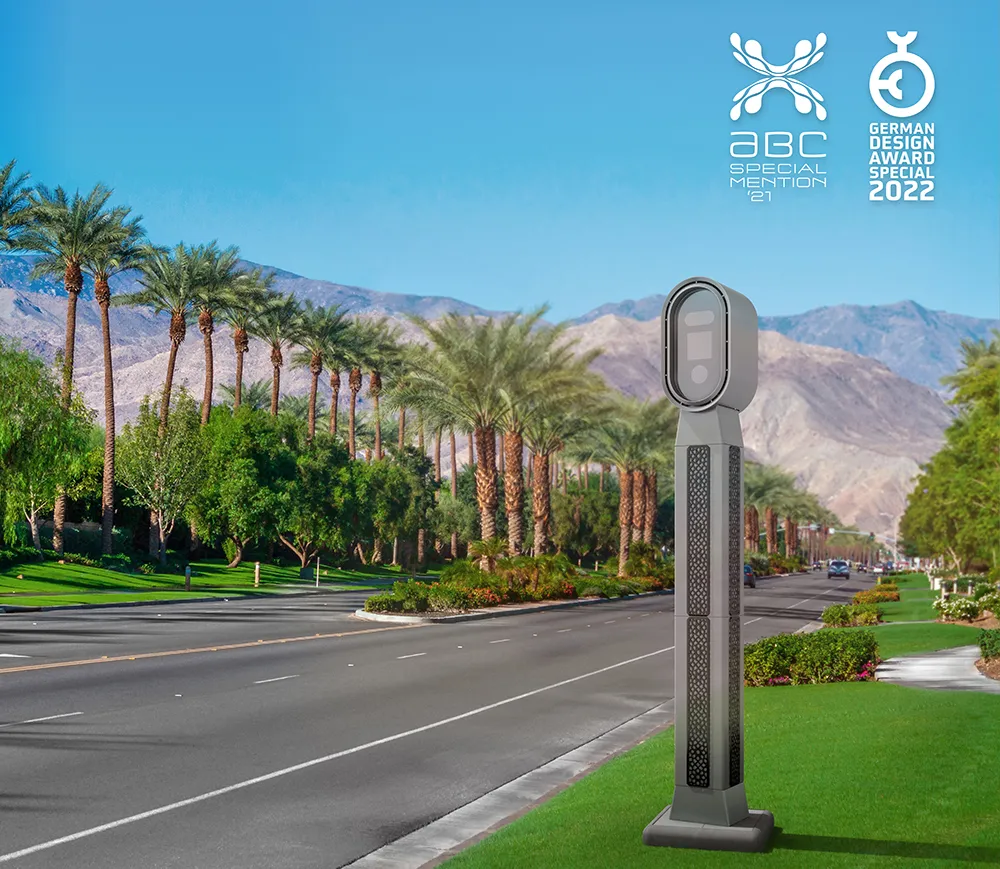On 7 June, EU Transport Ministers debated on the best way to cut NOx emissions from diesel cars in the wake of the VW scandal. They reflected on possible ways to improve existing legislation to avoid illegal use of defeat devices and explored what technical solutions could already minimise emissions. The Dutch Presidency encouraged Member States to share the findings of their enquiries with other. The proposal to update Euro 5 legislation on the use of defeat devices would have increased uncertainties, rath
June 8, 2016
Read time: 2 mins
On 7 June, EU Transport Ministers debated on the best way to cut NOx emissions from diesel cars in the wake of the VW scandal. They reflected on possible ways to improve existing legislation to avoid illegal use of defeat devices and explored what technical solutions could already minimise emissions. The Dutch Presidency encouraged Member States to share the findings of their enquiries with other. The proposal to update Euro 5 legislation on the use of defeat devices would have increased uncertainties, rather than bringing the necessary clarity.
Meanwhile, in the UK, a 12 month research project deploying189 Siemens technology to gather information on vehicle emissions in Birmingham got underway in April 2016 as part of the Government’s ongoing efforts to meet EU air quality targets.
The trial uses seven automatic number plate recognition (ANPR) cameras and associated equipment at strategic locations on key routes into Birmingham city centre to capture data on the Euro emissions classification of vehicles. The cameras are supported with back office software and together capable of capturing vehicle registration plate information, safely storing such data, using the data to analyse the potential impact of different Low Emission Zone scenarios including the ability to attribute an indicative Euro Class category to each vehicle.
The new project has been developed by Birmingham City Council in collaboration with public services provider Amey and Siemens.
The data collected from the trial will help give an indication of the environmental impact of the ‘polluting’ vehicles (based on a number of scenarios) and explore potential mechanisms to improve air quality in the city centre and develop a Low Emission strategy
Jacob Bangsgaard, FIA Region I director general said: “Consumers need to be able to trust that the car they purchase is as clean and efficient as advertised. Today, that is clearly not the case. The Council should work to improve overall compliance with the law and full transparency, rather than adding uncertain wording to provisions on defeat devices. In our recently published position on the revision of the type approval, we also encourage decision makers to make information available for independent testing houses for additional compliance testing. Our Clubs are already acting as watchdogs for car safety and ecological impact today.”
Meanwhile, in the UK, a 12 month research project deploying
The trial uses seven automatic number plate recognition (ANPR) cameras and associated equipment at strategic locations on key routes into Birmingham city centre to capture data on the Euro emissions classification of vehicles. The cameras are supported with back office software and together capable of capturing vehicle registration plate information, safely storing such data, using the data to analyse the potential impact of different Low Emission Zone scenarios including the ability to attribute an indicative Euro Class category to each vehicle.
The new project has been developed by Birmingham City Council in collaboration with public services provider Amey and Siemens.
The data collected from the trial will help give an indication of the environmental impact of the ‘polluting’ vehicles (based on a number of scenarios) and explore potential mechanisms to improve air quality in the city centre and develop a Low Emission strategy
Jacob Bangsgaard, FIA Region I director general said: “Consumers need to be able to trust that the car they purchase is as clean and efficient as advertised. Today, that is clearly not the case. The Council should work to improve overall compliance with the law and full transparency, rather than adding uncertain wording to provisions on defeat devices. In our recently published position on the revision of the type approval, we also encourage decision makers to make information available for independent testing houses for additional compliance testing. Our Clubs are already acting as watchdogs for car safety and ecological impact today.”








